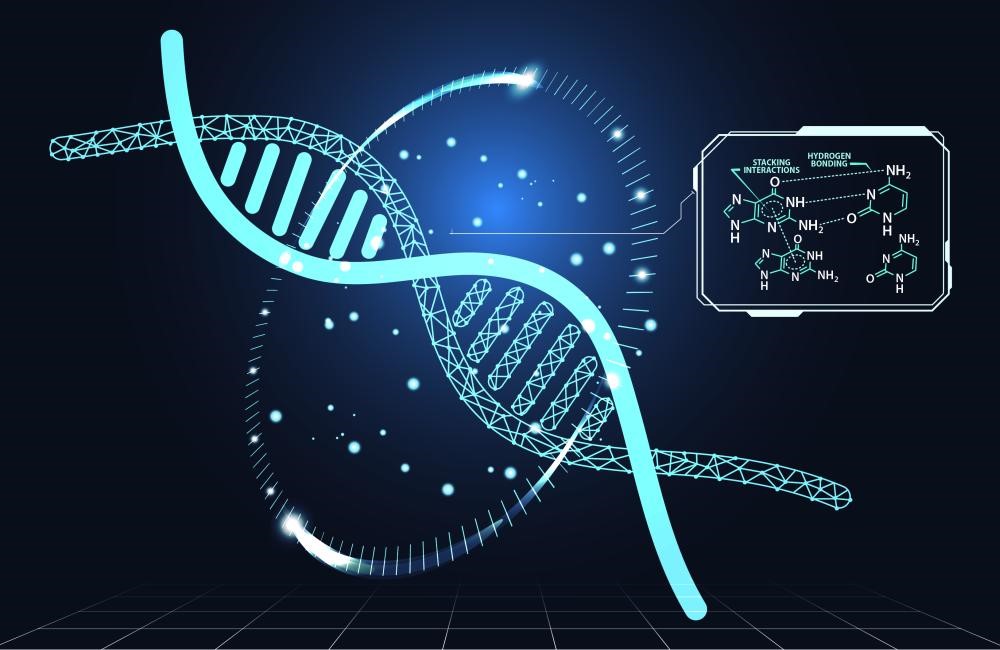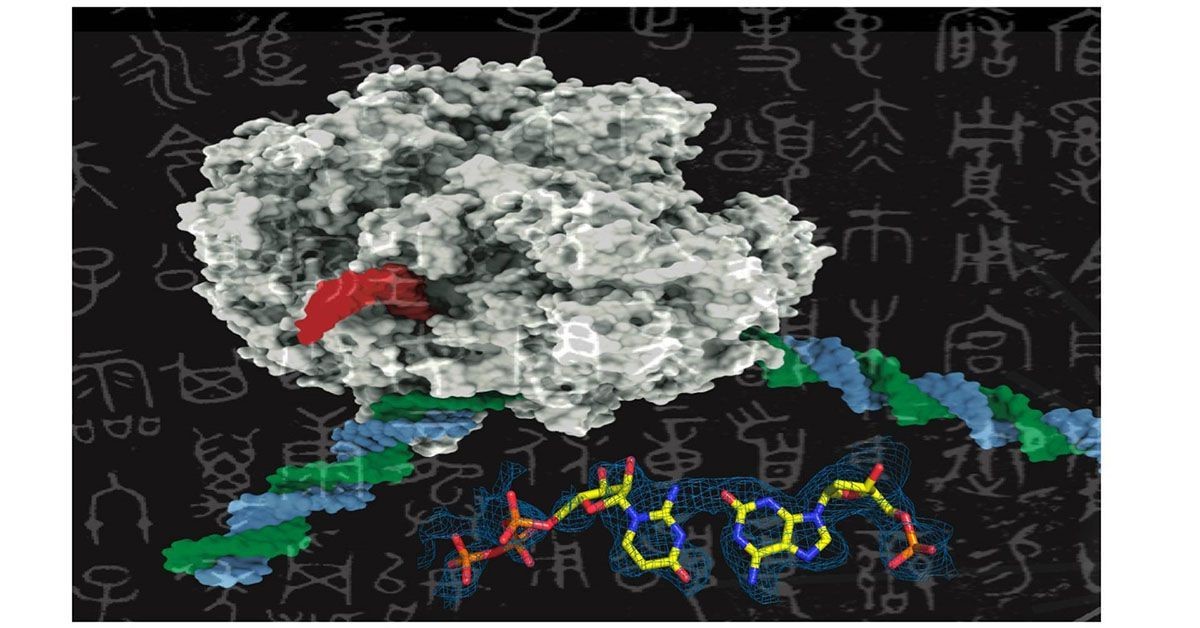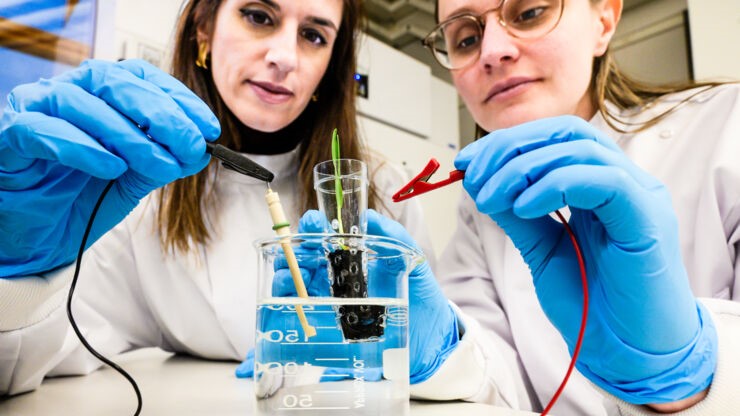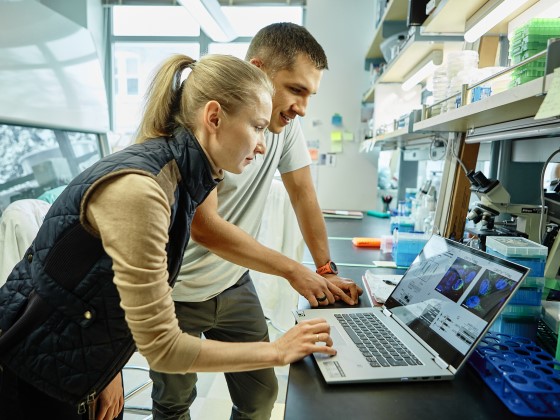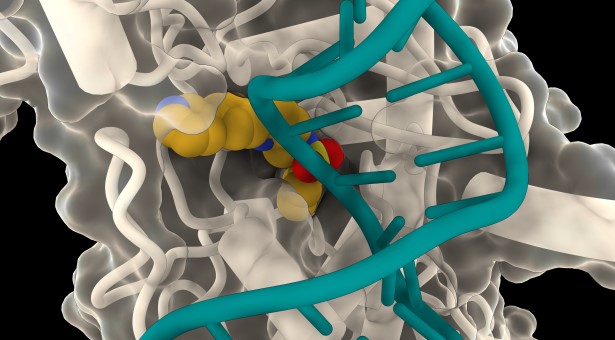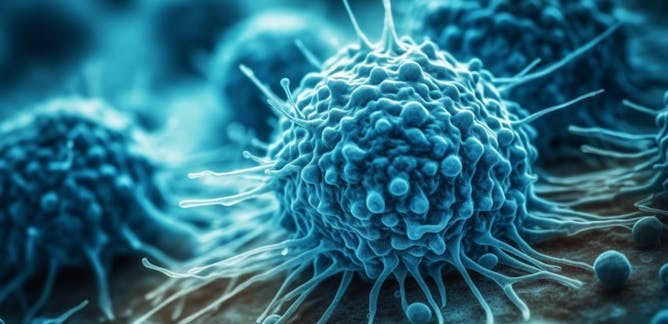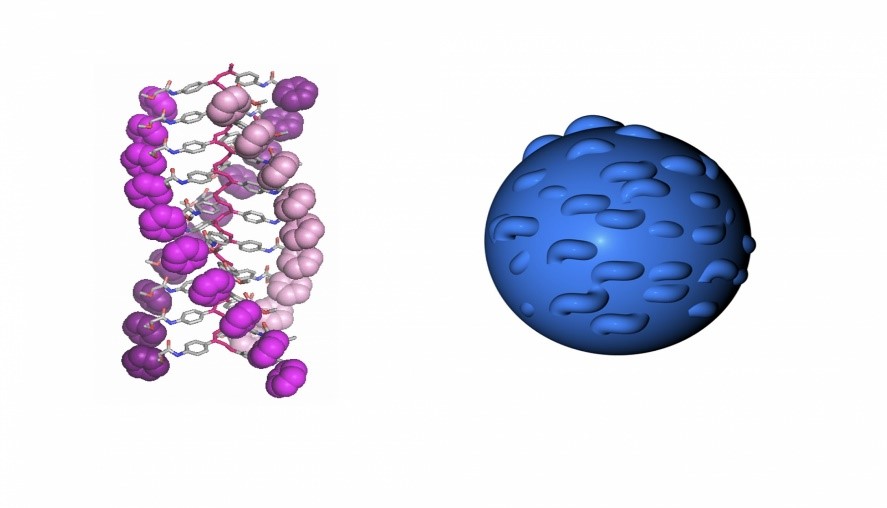Predicting Optimal Drug Molecule Synthesis for Enhanced Efficiency in Chemical Development
A collaborative team of researchers from LMU, ETH Zurich, and Roche Pharma Research and Early Development (pRED) Basel has harnessed the power of artificial intelligence (AI) to devise an innovative approach for predicting the optimal synthesis of drug molecules. Published in the journal Nature Chemistry, the method, developed by lead author David Nippa, a doctoral student in Dr. David Konrad's research group at LMU and Roche, has the potential to significantly reduce the number of necessary lab experiments, enhancing both efficiency and sustainability in chemical synthesis.
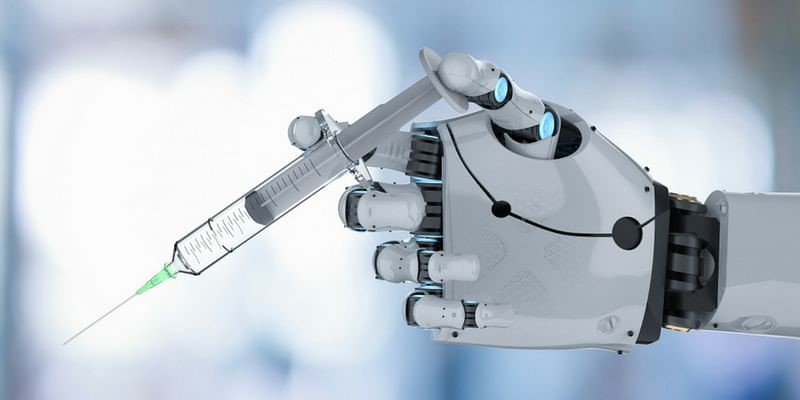
Figure 1. AI in medicine.
Figure 1 is an illustration of AI in medicine. Typically, active pharmaceutical ingredients consist of a framework with attached functional groups, crucial for specific biological functions. Altering and adding functional groups to these frameworks is a challenging process in chemistry, especially given the low reactivity of the carbon and hydrogen atoms that constitute the frameworks. The borylation reaction, a method for activating the framework, involves attaching a boron-containing chemical group to a carbon atom, which can then be replaced by various medically effective groups. However, controlling borylation in the lab poses difficulties.
Working alongside Kenneth Atz, a doctoral student at ETH Zurich, Nippa developed an AI model trained on data from reputable scientific works and experiments conducted in an automated lab at Roche. This model accurately predicts the borylation position for any molecule and provides optimal conditions for the chemical transformation. Notably, predictions improved when considering the three-dimensional information of the starting materials, beyond their two-dimensional chemical formulas.
Already proven successful in identifying positions in existing active ingredients where additional active groups can be introduced, this method accelerates the development of new and more effective variants of known drug active ingredients.
Source: Ludwig-Maximilians-Universität München
Cite this article:
Hana M (2023), Predicting Optimal Drug Molecule Synthesis for Enhanced Efficiency in Chemical Development, AnaTechMaz, pp. 245


